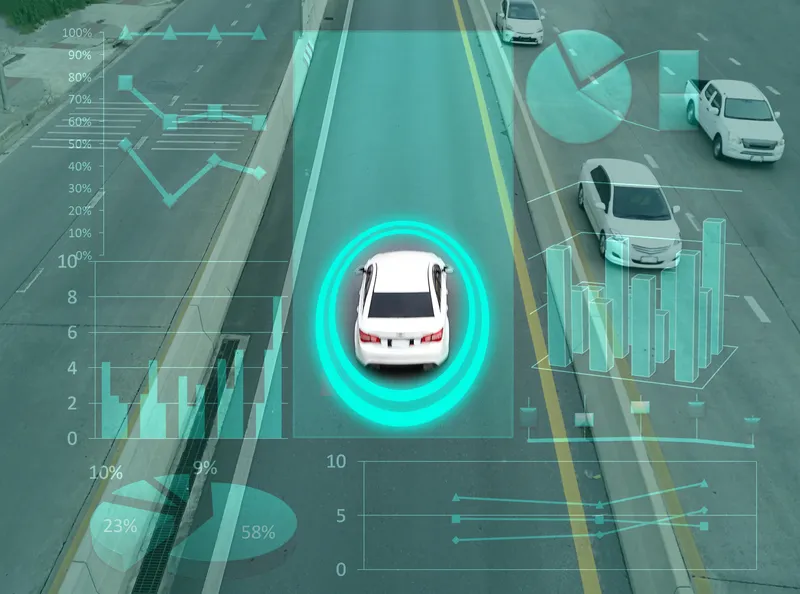Cohda will deliver its MK5 on-board units for large-scale field trials and roadside units at the Diginet-PS site, funded by the German Federal Ministry of Transport and Digital Infrastructure.
The test site in the Strasse des 17. Juni is fitted with advanced vehicle positioning technology.
Dr Manzoor Ahmed Khan, technical lead of Diginet-PS, says that to attain Level 5 autonomous driving - which does not require human intervention – improvement is needed in the perception of the vehicles beyond what is created by on-vehicle sensors.
Khan adds: “In Diginet-PS, we achieve this by creating perception of road segments through on-road deployed sensors and share it with vehicles.”
Professor Paul Alexander, chief technical officer at Cohda, says: “There is scope for us to demonstrate our V2X-Locate technology, which enables accurate positioning of vehicles in environments where GNSS performs poorly - such as urban canyons, tunnels and underground car-parks.”
Cohda will also use the Diginet-PS site’s underground car park to demonstrate its positioning technology.
Cohda Wireless to supply V2X technology for Berlin test
Cohda Wireless is to apply Vehicle to Everything (V2X) technology at an open test environment for connected and autonomous vehicle (C/AV) technologies in the centre of Berlin.
Cohda will deliver its MK5 on-board units for large-scale field trials and roadside units at the Diginet-PS site, funded by the German Federal Ministry of Transport and Digital Infrastructure.
The test site in the Strasse des 17. Juni is fitted with advanced vehicle positioning technology.
Dr Manzoor Ahmed Khan, technical lead
April 1, 2019
Read time: 2 mins









